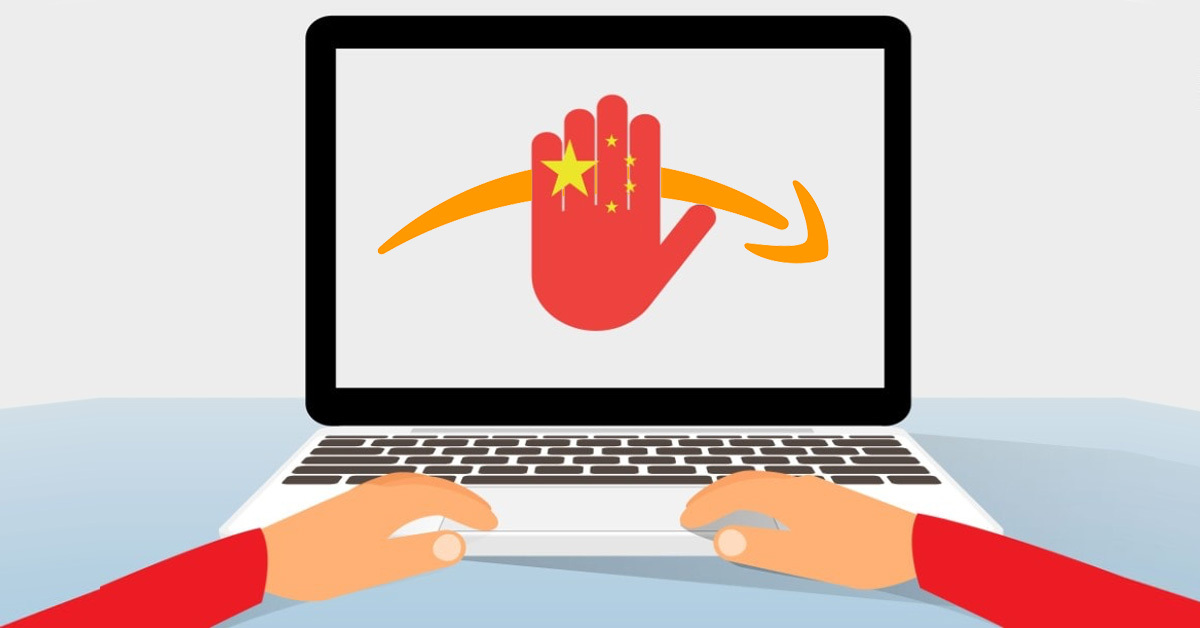Trump administration considers putting Amazon on “Notorious Markets” list
Trump administration is considering putting some of Amazon overseas websites on a list of global marketplaces known for counterfeit goods, reports The Wall Street Journal, citing people familiar with the matter.
The action would be taken by the US Trade Representative’s Office through its annual “notorious markets” list.
Over the years, the list has included China’s largest e-commerce platform, Taobao.com, which is owned and operated by Alibaba Group.
The Guardian notes, that no decision has been made yet and that similar proposals last year were eventually discarded.
Amazon said it “strictly prohibits” counterfeit products on its platforms and invests heavily to protect customers from such items.
“Combatting counterfeit requires collaboration across the industry – from retailers, brands, law enforcement and government – and we continue to be actively engaged with these stakeholders as we hold bad actors accountable and drive counterfeit to zero in our store,” the company said in a statement.
More Amazon news

New services for online merchants
Ecommerce services by Instagram, Google and Facebook Here are some of the newly launched services for Ecommerce entrepreneurs by Instagram, Google and Facebook. Instagram launches section for product drops Instagram is adding a new feature to help connect...

Consumers feel guilty after shopping on Amazon, but keep coming back
Amazon reputation takes a plunge Amazon is dealing with a tsunami of online buying and shipping since the pandemic lockdown started and it continues to grow. Fulfillment centers are overloaded, causing shipments losses and delivery delays. Amazon has added more than...

Amazon bans Chinese sellers with $1 billion revenue
Several top Chinese sellers have disappeared from Amazon Amazon has blocked over a dozen Chinese sellers for alleged “suspicious behaviour”, including two of the biggest electronics Amazon-native brands out of China. The total sales by the suspended sellers exceeds...


